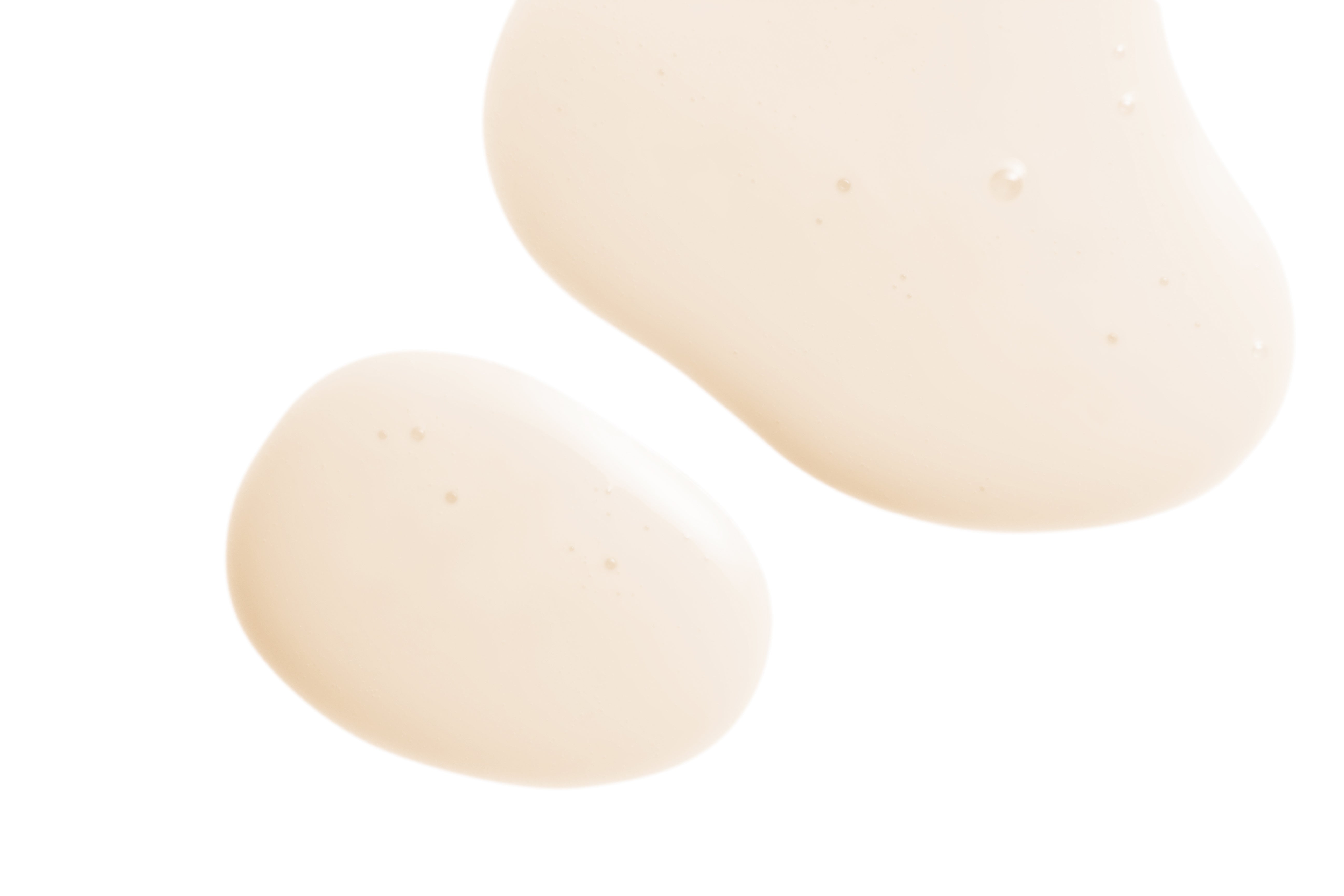Retinoids and retinol have been all over the internet for years, but what exactly are they? People tend to use these two terms interchangeably, but are they interchangeable? In this blog, we’re going to answer that very question: is retinoid the same as retinol? Also, is it safe to use retinoids every day, and what is the most gentle retinoid? Let’s dig in.
Is Retinoid The Same As Retinol?
The short answer is yes and no. While both terms can be used to describe different types of skincare ingredients, one of these (retinoids) can also be used as an umbrella term for the whole category of products that stimulate collagen growth and cause the outer layer of skin to turnover faster. Now, let’s take a look at what makes them different.
What Are Retinoids?
While “retinoids” is an umbrella term that is used to discuss all of these particular skincare ingredients, it is also the term that most dermatologists use to explain the most potent, prescription-grade retinoids. These ingredients are created from vitamin A and its byproducts and then turned into “retinoic acid.” You’ll find that true retinoids are far stronger and those with sensitive skin may struggle to use them every day without developing irritation.
What Is Retinol?
Retinol, on the other hand, is a type of retinoid. You’ll find that there’s a much lower concentration of retinoic acid in a retinol product. This may work to your benefit, however – especially if you have sensitive skin. The main difference between retinoids and retinol is how strong they are, really! You’ll find retinol in different forms that take longer to break down into retinoic acids, like “retinyl ___ate” and propionic acid.
Is It Safe To Use Retinoids Every Day?
Some people’s skin can tolerate using retinoids every day; however, you shouldn’t jump right in with this as a daily routine. Retinoids have a tendency to cause irritation if your skin isn’t used to the intense activity that these products produce. You should ease into your new retinoid routine, starting with twice a week. If you find that your skin tolerates the product well, increase it to three times a week, and so on.
What Is the Most Gentle Retinoid?
As we discussed above, a retinol product will definitely be more gentle on your skin than a prescription-grade retinoid. You might find some retinol products that are geared specifically towards sensitive skin – if you struggle with this, give it a try!
Some Retinoid Tips & Tricks:
- Avoid using ingredients that will deactivate your retinoids: benzoyl peroxide and alpha hydroxy acids are just a couple.
- Avoid ingredients in your skincare routine that are known to cause irritation: ethyl alcohol, witch hazel, and acidic compounds.
- Apply your retinoid product underneath your moisturizer.
- Make sure to let each layer of your skincare routine fully dry before moving on to the next step.
- For prescription-grade strength retinoids, wait at least 20 minutes after you’ve cleansed before applying your retinoid.
Rejuvaskin’s Retinoid Eye Cream & Retinoid Face Serum
Here at Rejuvaskin, we’ve developed two new products to add to your skincare regimen: our Retinoid Eye Cream and our Retinoid Face Serum. In both of these products, we’ve let our proprietary blend of natural retinoids do the talking. Hydroxypinacolone retinoate (HPR), bakuchiol, and sea fennel all come together to reduce lines and wrinkles in a way that won’t irritate your skin.
Are you ready to try retinoids to see if they will help with your skin’s health and youthful appearance? Keep an eye out for these new products!!





















Leave a comment